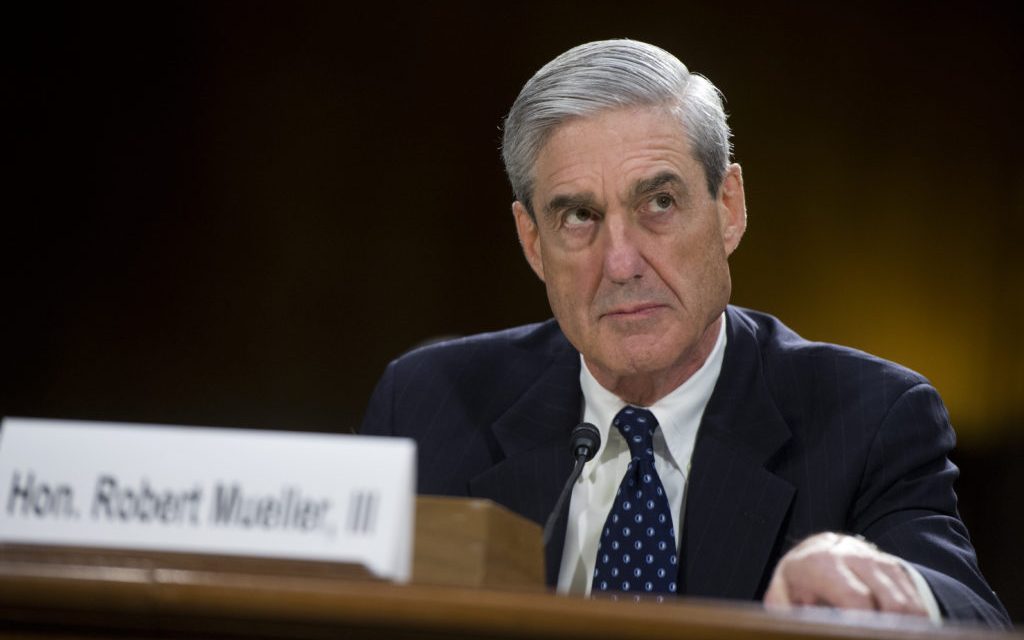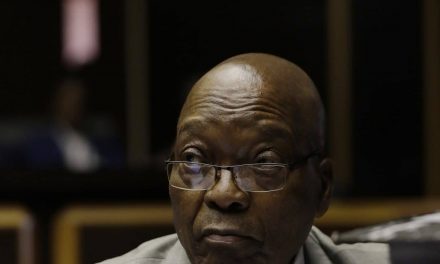29 March 2019
Mueller’s verdict did not clear Trump of obstruction nor did it find him guilty, according to a summary of the report Barr sent to Congress. Mueller (picture) laid out evidence on both sides, noted the “difficult issues” involved and declined to render a judgment, instead leaving the decision to DOJ.
Mueller found that Russians did mount a campaign to influence the 2016 election. They maneuvered the release of damaging emails in an effort to help Trump win. The special counsel indicted 34 people and won seven convictions or guilty pleas, including from Trump’s former campaign chairman, his deputy campaign manager, his White House National Security Adviser and his long-time personal lawyer. After Mueller’s verdict, Trump presidency remains scandal-scarred.
After months of cooperation, Trump decided to aggressively criticize Mueller last year. He tweeted 181 times that the probe was a “witch hunt.” After all, he wanted to fight back and defend himself. TIME reported.
Referring to Mueller’s verdict, Trump said, “This was an attempted takeover of our government, of our country, an illegal takeover. If it were the other way around, where I was doing it to President Obama or a Democrat, it would be virtually the maximum sentence that you can find.”
“If the Republican Party had done this to the Democrats, if we had done this to President Obama, you’d have 100 people in jail right now and it would be treason. It would be considered treason and they’d be in jail for the rest of their lives.”
Trump turned the findings of the special counsel’s Russia investigation into a political weapon at Michigan rally that was part victory lap, part 2020 campaign push.
Democrats are hoping to redouble the focus on Trump’s corruption. As a top-tier Democratic presidential candidate, Sen. Elizabeth Warren (D-Mass.) introduced in the Senate the Presidential Conflicts of Interest Act, which requires the president, vice president and their close family members to divest all financial interests that create conflicts of interest and place them in a blind trust. The bill also would require the president and major-party presidential nominees to release three years of tax returns. She claimed that President Trump has “spent two-plus years patronizing to try and curry favour with this administration — all while lining the President’s pockets.”
There is no legal requirement that a presidential candidate release his tax returns. Major candidates have done so for decades because they recognize an obligation to the public. But Trump did not. Washington Post reported.
If Warren’s bill is enacted before Trump’s term ends, it would force him to completely disclose his business investments and put potential conflicting interests in a blind trust. Violating the act would be an impeachable offense.
Senate Majority Leader Mitch McConnell has openly mocked the bill and vowed not to bring it to the Senate floor.
The People Act introduced in January, by House Democrats is also known as HR 1. Republicans who control the Senate, President Trump, and the GOP vehemently oppose the basic approach of HR 1. The bill aims to reform the campaign financing. This bill addresses voter access, election integrity, election security, political spending, and ethics for the three branches of government.
Specifically, the bill expands voter registration and voting access, makes Election Day a federal holiday, and limits removing voters from voter rolls.
Maryland Rep. John Sarbanes, a long-time advocate of campaign finance reform who has disavowed corporate PAC money for years. John Sarbanes is working with Sen. Elizabeth Warren, Washington Rep. Pramila Jayapal and Tom Udall (D-NM) are working to reform the campaign financing.
Party campaigns should be conducted by voluntary party supporters. No one should be paid to do campaign work. This should save considerable expenditure on campaign financing.
Super PAC is evil. An elected member who had generous super PAC is beholden to the donor for life and cannot exercise his conscience in any conflicting issues.
The government finances for campaign expenses, as proposed by Sarbanes, is not a good idea as it will lead to a lot of corruption in funds management. However, the government may finance the cost of printed material disseminating information on issues surrounding the election. Now internet provides the most cost-effective way of publicizing party policies. Campaign expenditure should be kept as low as possible to ensure a fair election.
Democrats know they don’t actually have chance of passing HR 1 through the Senate, or getting it past the president’s desk. But they recognize they need to get serious about the issue, even if Republicans won’t.













